Having your feelings without your feelings having you.

KEY POINTS Athletes, business people, performing artists, parents can benefit from learning to befriend their feelings. When you practice befriending your feelings, you develop emotional resilience. Emotional resilience is the […]
Befriending Feelings
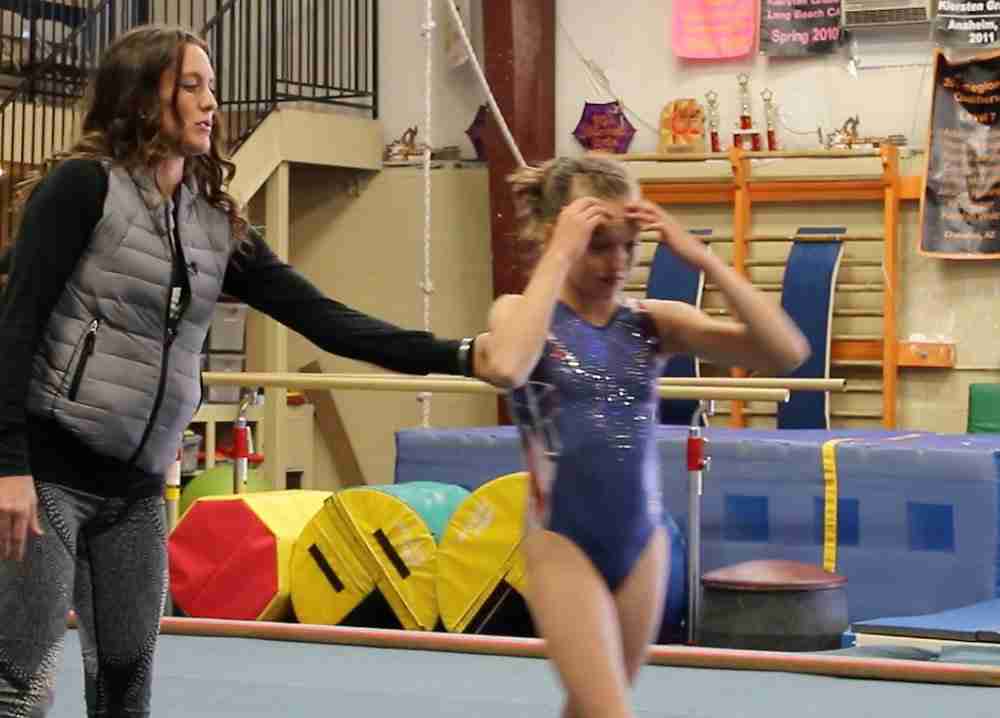
Last time I shared a section from my book Still Quiet Place for Athletes: Mindfulness Skills for Achieving Peak Performance and Finding Flow in Sports and in Life. The section […]
It’s OK to Feel Anxious

Below is an excerpt from my book Still Quiet Place for Athletes: Mindfulness Skills for Achieving Peak Performance and Finding Flow in Sports and in Life Basic Concept: It’s Okay to Feel Anxious It is […]
Why ‘Forgive and Forget’ is Not Always the Wisest Path
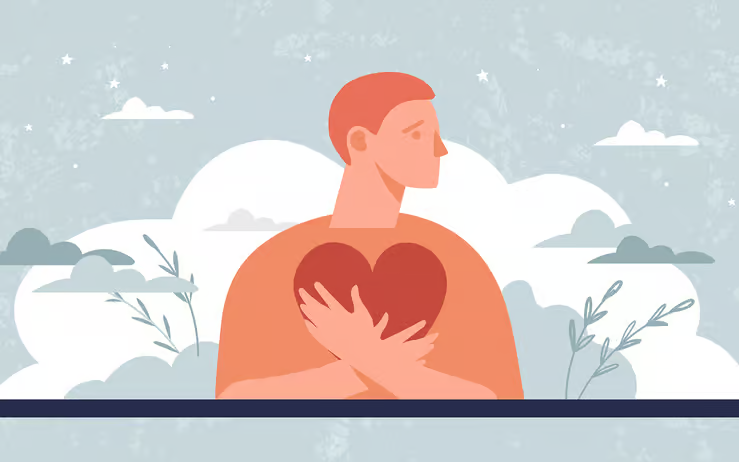
How fierce, outer, engaged forgiveness can complement the inner forgiveness the mindfulness community so often emphasizes.
Does Your Child Feel Supported or Pressured?
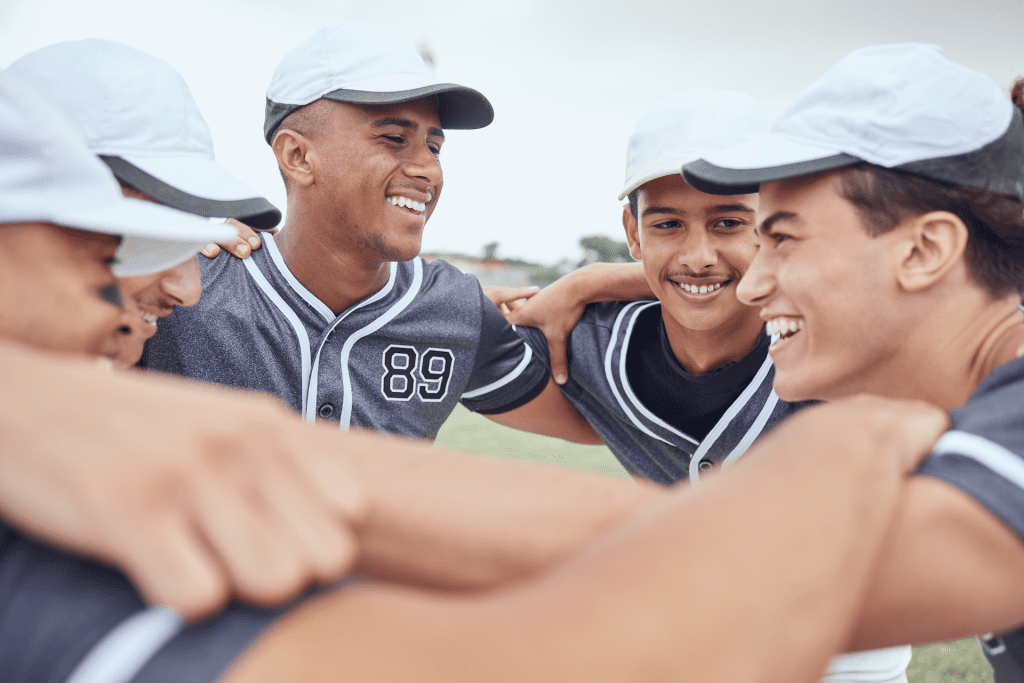
The only way to know how your child feels is to ask. This post focuses on healthy adult-child relationships within the context of youth sports, but the principles apply to […]
A Still Quiet Place: A Mindfulness Program for Children & Adolescents (Dr. Amy Saltzman)
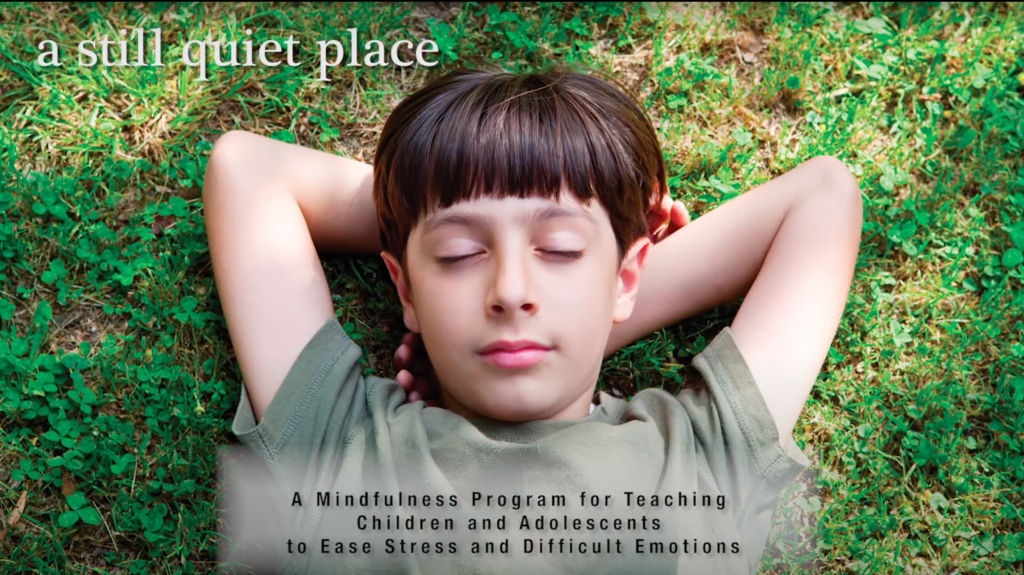
Teaching kids stress management skills early in life will help them to grow into happy and healthy adults. And if you work with children or adolescents, you know that kids today need these skills more than ever. The pressures they face in the classroom, on the playground, in their extracurricular activities, and at home can sometimes be overwhelming. So how can you help lay the groundwork for their success?
Phit For a Queen Podcast: Mindfulness Techniques for the Athlete with Dr. Amy Saltzman

Mindfulness has found its place in sports! Dr. Saltzman discusses mindfulness and how it can lead to improved sport performance overall, reduce stress and increase the enjoyment of sport!
Is Your Child’s Coach Demeaning (Abusive), Demanding, or Supportive?
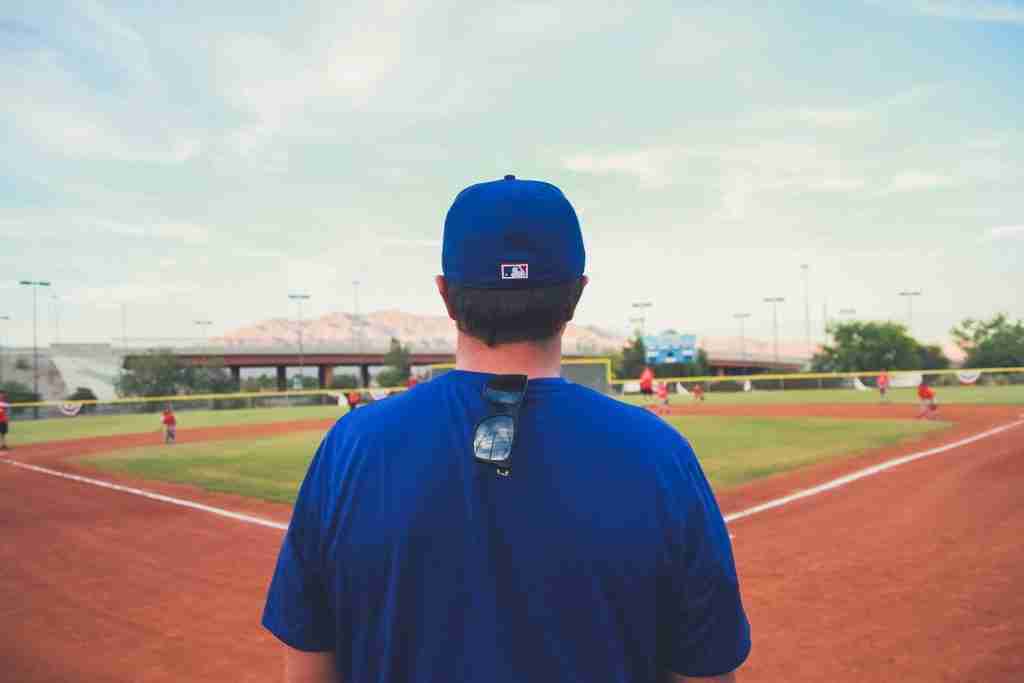
If it’s not OK in a classroom or conference room, it’s not OK in a locker room. KEY POINTS Since the first report regarding Larry Nassar’s sexual abuse of his athlete-patients, new […]
Thai Cave Rescue Highlights the Value of Teaching Children to Meditate
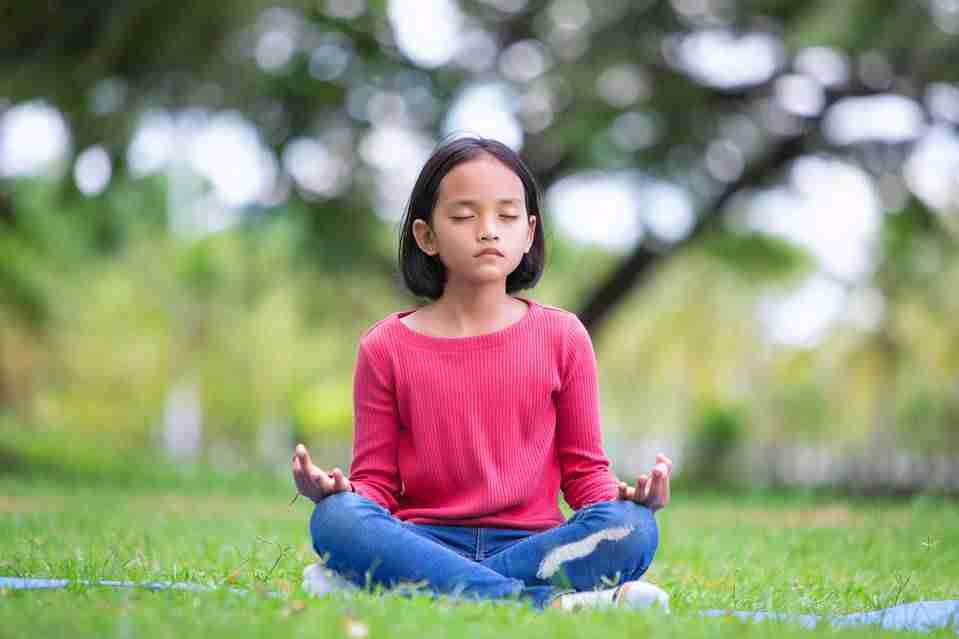
The miraculous rescue of the Thai soccer team this past week left many of us wondering: How did those 12 boys manage to stay so calm while trapped in a cave for over two weeks?
One answer is that their 25-year-old coach, a former Buddhist monk, reportedly taught the boys to meditate, to help slow their breathing and quiet their nerves. He credits the practice with helping them to ride out the long days of confinement and discomfort.
Dr Amy Saltzman ‘Still Quiet Place Within’ at Mind & Its Potential 2012
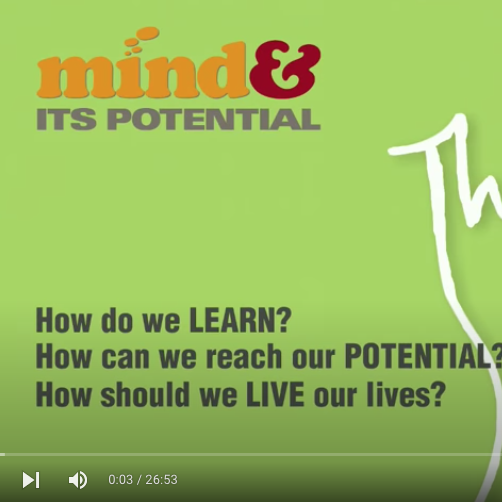
What happens when children become familiar with the “still quiet place within”?
Can mindfulness support children in being less vulnerable to stress and risky behaviours?
What does the current research indicate regarding the effects of mindfulness on children and adolescents?
Can mindfulness practices enhance positive relationships between parents and children?
